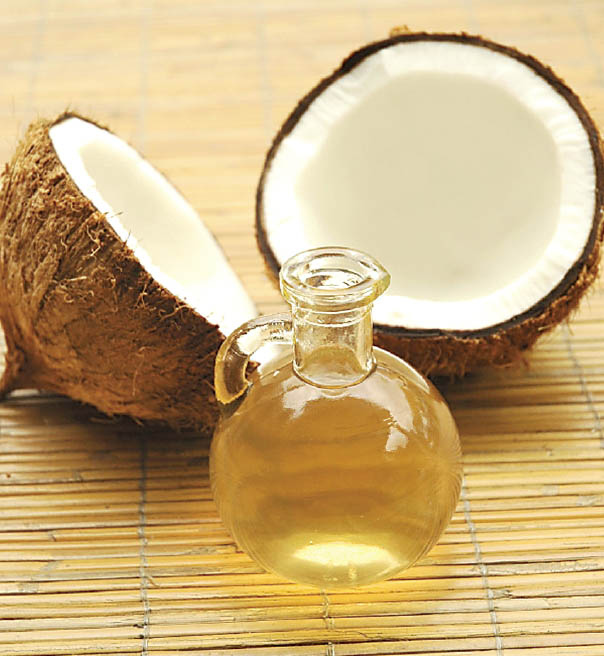More and more ecological alternatives appear in our daily lives and even in our bathroom! Because the cosmetics industry is one of the most polluting sectors and every gesture counts, here are our 5 tips to adopt a more ecological (and economical) beauty routine. We are increasingly aware that the planet is going badly, so how can we help on a small scale? Turning to eco-responsible brands, favoring reusable products rather than single-use products, reducing cosmetics consumption… There are so many things to put in place on a daily basis in our bathroom! In addition to being ecological, here are our economic tips that will do good to your wallet (and your skin).
Sorting:
For starters, reduce the number of products you have in your bathroom. Sort it out: do you really need so many different creams? Is this serum really useful? In short, make room in your closets. Adopting effective and profitable products in the long term is a first step. The Konjac sponge is a good alternative to conventional facial cleansers. Natural, biodegradable and suitable for sensitive skin, it is the perfect recipe for a radiant complexion. Moisten your sponge and make circular motions all over your face for a deep and gentle cleansing.
Adopt a multi-purpose vegetable oil:
100% natural and preferably organic, vegetable oils will become your allies on a daily basis. Castor oil, coconut, jojoba, argan… Each has its specialty, you just have to find the one that suits you. Castor oil will promote hair growth and argan oil will deeply nourish your hair. Some have several superpowers. Coconut oil, for example, can be used as a makeup remover, hair mask but also… in the kitchen! Oils have been used as cosmetics for centuries, they are composed of only one ingredient which limits pollution but also preserves your health and your skin. 
Use reusable products:
To say stop to waste in your bathroom, nothing better than switching to reusable products. Make-up remover cottons, cotton swabs… These disposable products are ultra polluting. Cotton cultivation is the most polluting in the world: between the pesticides used to bleach cotton and all the water cotton needs to grow, it is better to switch to reusable products if you want to make a gesture for the planet. It is estimated that more than 2000 make-up remover pads are used each year per woman! Reusable cottons are a staple of the "Zero Waste" lifestyle. Washable cotton swabs have also been appearing on the market for some time. In addition to being more environmentally friendly, these alternatives are also more economical. And we must not forget about periodic towels. Ultra harmful to our health, to the planet and our wallet, there are several alternatives such as reusable pads or menstrual panties.
Moving to solid care:
Because plastic isn't fantastic, switch to solid care! Whether in the packaging or even in the formula of the product, plastic is present everywhere in cosmetics. Bad for the planet and for your health, plastic is to be avoided for a more ecological beauty routine. Getting rid of it, however, is not rocket science. It's getting easier and easier to find solid alternatives in-store or online. Whether shampoos, body soaps, toothpaste or even deodorant, everything goes! The composition of solid care is much more natural and without superfluous products. Even if the adaptation can be a little difficult at first, you get used to these alternatives very quickly. For example, solid shampoos foam less than liquid shampoos , and for good reason! They are sulfate-free, a very polluting product but very widespread in cosmetics. In addition to respecting the planet, solid care respects you! 
Turning to eco-responsible makeup:
After pampering your skin with products that respect the environment and your health, it's time to "pimp"! And for that, nothing better than committed make-up brands. As you will have understood, the manufacture of beauty products is very energy-consuming and polluting. It's time to adopt eco-responsible make-up! Unfortunately difficult to find in stores, new brands are breaking the codes of the beauty industry. Organic, made in France and sometimes vegan, they have nothing to envy to the big brands. How about you? What is your green beauty secret? For more beauty tips, it's here !








































